Fresh Herbs
Fresh herbs make many other foods heart-healthy when they replace salt, sugar, and trans fats. These flavor powerhouses, along with nuts, berries -- even coffee -- form a global approach to heart-wise eating. Read on for more delicious ways to fight heart disease, stroke, high blood pressure, high cholesterol, and diabetes.Fact: Rosemary, sage, oregano, and thyme contain antioxidants.
| Basil Leaf- Nchanwu |
Black Beans
Mild, tender black beans are packed with heart-healthy nutrients including folate, antioxidants, magnesium, and fiber -- which helps control both cholesterol and blood sugar levels.Tip: Canned black beans are quick additions to soups and salads. Rinse to remove extra sodium.
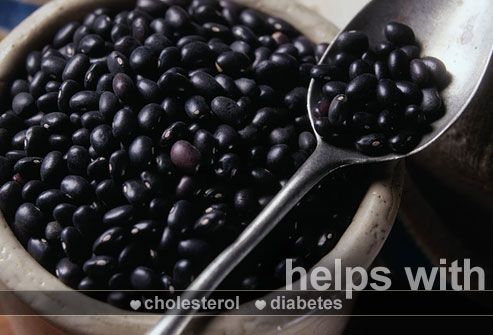
Red Wine and Resveratrol
If you drink alcohol, a little red wine may be a heart-healthy choice. Resveratrol and catechins, two antioxidants in red wine, may protect artery walls. Alcohol can also boost HDL, the good cholesterol.Tip: Don't exceed one drink a day for women; one to two drinks for men -- and talk to your doctor first. Alcohol may cause problems for people taking aspirin and other medications. Too much alcohol actually hurts the heart.
Salmon Fish: Super Food
A top food for heart health, it's rich in the omega-3s EPA and DHA. Omega-3s may lower risk of rhythm disorders and reduce blood pressure. Salmon also lowers blood triglycerides and reduces inflammation. The American Heart Association recommends two servings of salmon or other oily fish a week.Tip: Bake in foil with herbs and veggies. Toss extra cooked salmon in fish tacos and salads.
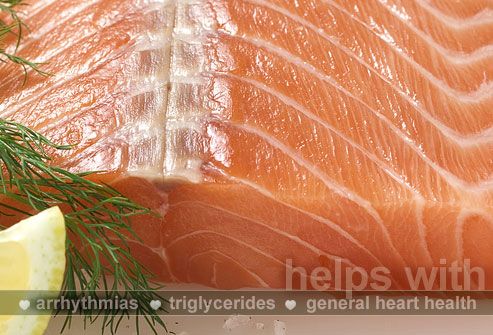
Tuna Fish for Omega-3s
Tuna is a good source of heart-healthy omega-3s; it generally costs less than salmon. Albacore (white tuna) contains more omega-3s than other tuna varieties. Reel in these other sources of omega-3s, too: mackerel, herring, lake trout, sardines, and anchovies.Tip: Grill tuna steak with dill and lemon; choose tuna packed in water, not oil.

Extra Virgin Olive Oil
This oil, made from the first press of olives, is especially rich in heart-healthy antioxidants called polyphenols, as well as healthy monounsaturated fats. When olive oil replaces saturated fat (like butter), it can help lower cholesterol levels. Polyphenols may protect blood vessels.Tip: Use for salads, on cooked veggies, with bread. Look for cold-pressed and use within six months.
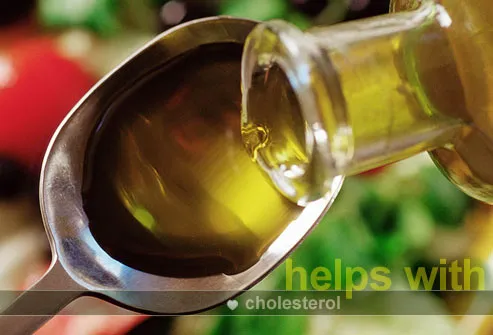
Walnuts
A small handful of walnuts (1.5 ounces) a day may lower your cholesterol and reduce inflammation in the arteries of the heart. Walnuts are packed with omega-3s, monounsaturated fats, and fiber. The benefits especially come when walnuts replace bad fats, like those in chips and cookies -- and you don't increase your calorie count.Tip: A handful has nearly 300 calories. Walnut oil has omega–3s, too; use in salad dressings.
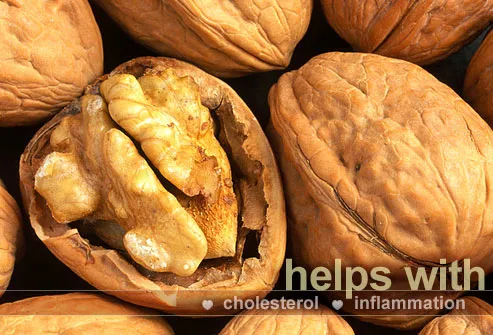
Almonds
Slivered almonds go well with vegetables, fish, chicken, even desserts, and just a handful adds a good measure of heart health to your meals. They're chock full of plant sterols, fiber, and heart-healthy fats. Almonds may help lower LDL cholesterol and reduce the risk of diabetes.Tip: Toast to enhance almonds' creamy, mild flavor.
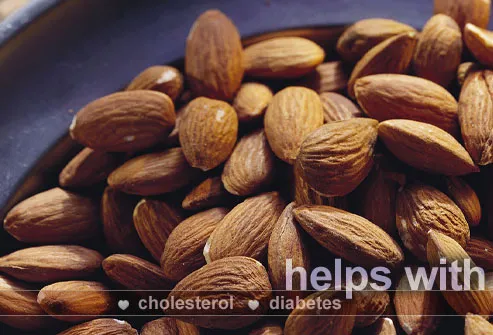
Edamame (aka Soy Beans)
These green soybeans are moving beyond Japanese restaurants, where they're a tasty appetizer. They're packed with soy protein, which can lower blood triglyceride levels. A half cup of edamame also has 9 grams of cholesterol-lowering fiber -- equal to four slices of whole-wheat bread.Tip: Try frozen edamame, boil, and serve warm in the pod.
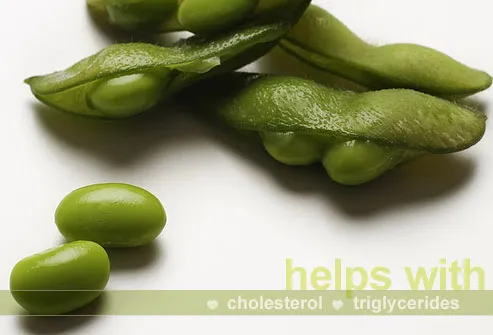
Tofu
Make soy protein the main attraction more often at dinnertime by cooking with tofu instead of red meat. You gain all the heart-healthy minerals, fiber, and polyunsaturated fats of soy -- and you avoid a load of artery-clogging saturated fat.Tip: Chop firm tofu, marinate, then grill or stir-fry, going easy on the oil. Add tofu to soups for protein with no added fat.
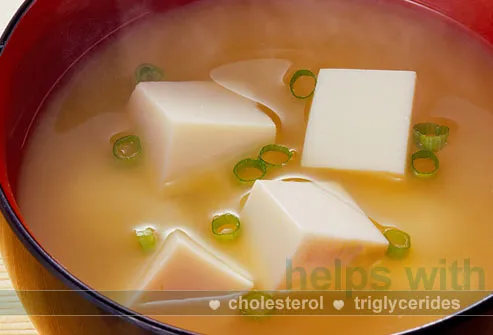
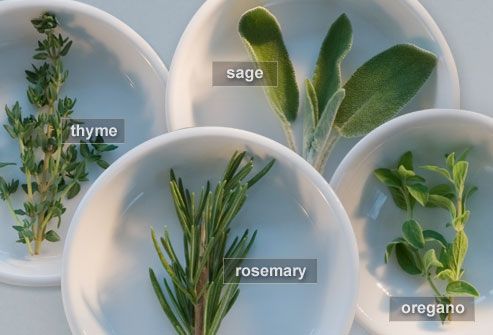

No comments:
Post a Comment